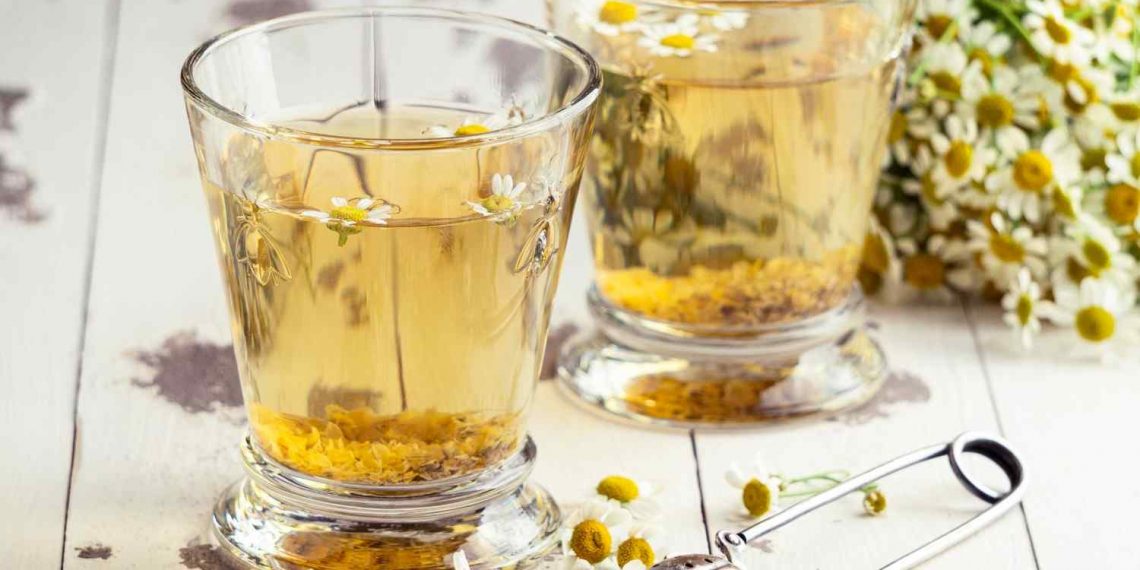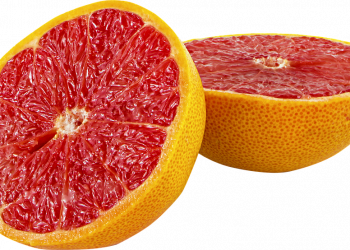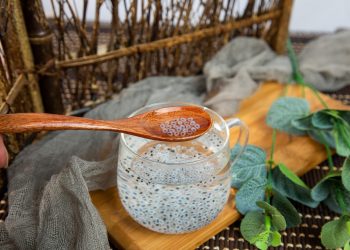Did you know that the delicate threads you often toss aside while preparing corn could actually be a powerhouse for hormone health? Yep, those golden strands, known as corn silk, have been used in traditional medicine for centuries, particularly in some cultures where herbal remedies are a way of life. Today, let’s dive into the fascinating world of corn silk tea and explore five surprising benefits it offers for hormone health.
Contents
1. Regulates Blood Sugar Levels
One of the standout benefits of corn silk tea is its potential to help regulate blood sugar levels. For those who deal with hormonal fluctuations, like women during their menstrual cycle or those managing conditions such as polycystic ovary syndrome (PCOS), maintaining stable blood sugar is crucial.
How It Works
Corn silk contains compounds like polysaccharides, which may improve insulin sensitivity. A study published in the Journal of Ethnopharmacology indicates that corn silk can help manage blood sugar levels effectively. This is particularly important because unstable blood sugar can lead to increased cravings and mood swings, which are often exacerbated by hormonal changes.
The Caveats
However, it’s vital to note that while corn silk tea may help, it shouldn’t replace medical treatments for diabetes or insulin resistance. Always consult your healthcare provider before adding it to your routine.
2. Supports Kidney Health
Kidneys play a crucial role in hormone regulation, and guess what? Corn silk tea can be a gentle diuretic, promoting kidney health by helping flush out toxins and excess electrolytes.
Benefits for Hormonal Balance
By supporting kidney function, corn silk tea indirectly helps maintain hormone balance. The kidneys filter hormones, and if they’re not functioning optimally, it can lead to imbalances. A study from the International Journal of Molecular Sciences highlights the protective effects of corn silk on kidney function.
Things to Consider
If you have kidney issues or are on diuretic medications, consult your doctor. While corn silk is generally safe, it’s better to be cautious.
3. Reduces Inflammation
Chronic inflammation can wreak havoc on hormonal health, contributing to conditions such as endometriosis and thyroid disorders. Enter corn silk tea, which boasts anti-inflammatory properties thanks to its rich composition of phytochemicals.
The Anti-Inflammatory Power
Research published in Food Chemistry shows that corn silk extract can reduce inflammatory markers in the body. This reduction can potentially alleviate some hormone-related symptoms, such as painful periods or excessive bloating.
The Upside and Downside
While enjoying corn silk tea can be beneficial, it should complement a balanced diet rich in anti-inflammatory foods, like fruits, vegetables, and omega-3s. It’s not a magic cure, after all!
4. Promotes Healthy Skin
Hormonal fluctuations often manifest in your skin—think acne or dryness. Corn silk tea might just be your new best friend for a glow-up.
Skin Health Benefits
The antioxidants found in corn silk can combat oxidative stress, which is linked to premature aging and skin disorders. A study in the Journal of Cosmetic Dermatology suggests that antioxidants can help improve skin texture and elasticity.
Use with Caution
While corn silk tea can contribute to a clearer complexion, it’s essential to adopt a holistic skincare approach. Drinking the tea won’t replace a good skincare routine, and if you have sensitive skin, patch-testing any new products is a must.
5. Balances Hormones Naturally
Last but not least, corn silk tea may help balance hormones, especially for women. It’s been traditionally used to ease menstrual discomfort and regulate cycle irregularities.
The Science Behind It
Corn silk contains phytoestrogens, which can mimic estrogen in the body. This is particularly beneficial for women experiencing hormonal imbalances. A study in the Revista Brasileira de Farmacognosia found that phytoestrogens can help soothe symptoms associated with menopause and PMS.
Proceed with Care
Always remember, while natural remedies can be effective, they’re not universally suitable. If you’re on hormone therapy or medications, a discussion with your healthcare provider is essential.
FAQs
1. How do I prepare corn silk tea?
Simply steep dried corn silk in hot water for about 10-15 minutes. You can sweeten it with honey or lemon for added flavor!
2. Are there any side effects?
Corn silk tea is generally safe for most people, but it can cause mild side effects like stomach upset or allergic reactions in some. Always start with small amounts to see how your body reacts.
3. Can I drink corn silk tea every day?
Yes, many people enjoy corn silk tea daily, but moderation is key. It’s best to consult with a healthcare provider for personalized advice, especially if you have underlying health conditions.
4. Is corn silk tea safe during pregnancy?
While corn silk tea is generally considered safe, it’s always best to consult with your healthcare provider during pregnancy or breastfeeding to avoid any potential risks.
Conclusion
The wonders of corn silk tea extend far beyond its humble origins. With its potential to regulate blood sugar, support kidney health, reduce inflammation, promote healthy skin, and balance hormones, it’s worth considering as part of a holistic approach to hormone health. But remember, while the benefits are promising, they’re no substitute for professional medical advice or treatment.
So next time you’re enjoying some corn on the cob, don’t toss those silky strands aside! Instead, brew them into a soothing tea and sip your way to better hormone health. Just keep in mind that while corn silk tea can be a delightful addition, it’s always a good idea to consult a healthcare professional for tailored advice.
Disclaimer: This article is for educational purposes only and is not a substitute for professional medical advice. Always consult a qualified healthcare provider before making changes to your health routine.
References
-
Koo, H. J., & Lee, H. J. (2011). Ethnopharmacological studies of corn silk (Zea mays L.) in healing processes. Journal of Ethnopharmacology, 138(1), 50-57. https://doi.org/10.1016/j.jep.2011.06.043
-
de Oliveira, A. C. M., & de Lima, A. F. (2019). Influence of Phytochemical Properties of Corn Silk on Chronic Diseases and Inflammation: A Review. International Journal of Molecular Sciences, 20(14), 3569. https://doi.org/10.3390/ijms20143569
-
Zhang, Y., & Xu, H. (2020). Antioxidant Activity and Skin Health: A Focus on Corn Silk. Journal of Cosmetic Dermatology, 19(2), 508-514. https://doi.org/10.1111/jocd.13149
Get Your FREE Natural Health Guide!
Subscribe now and receive our exclusive ebook packed with natural health tips, practical wellness advice, and easy lifestyle changes — delivered straight to your inbox.














